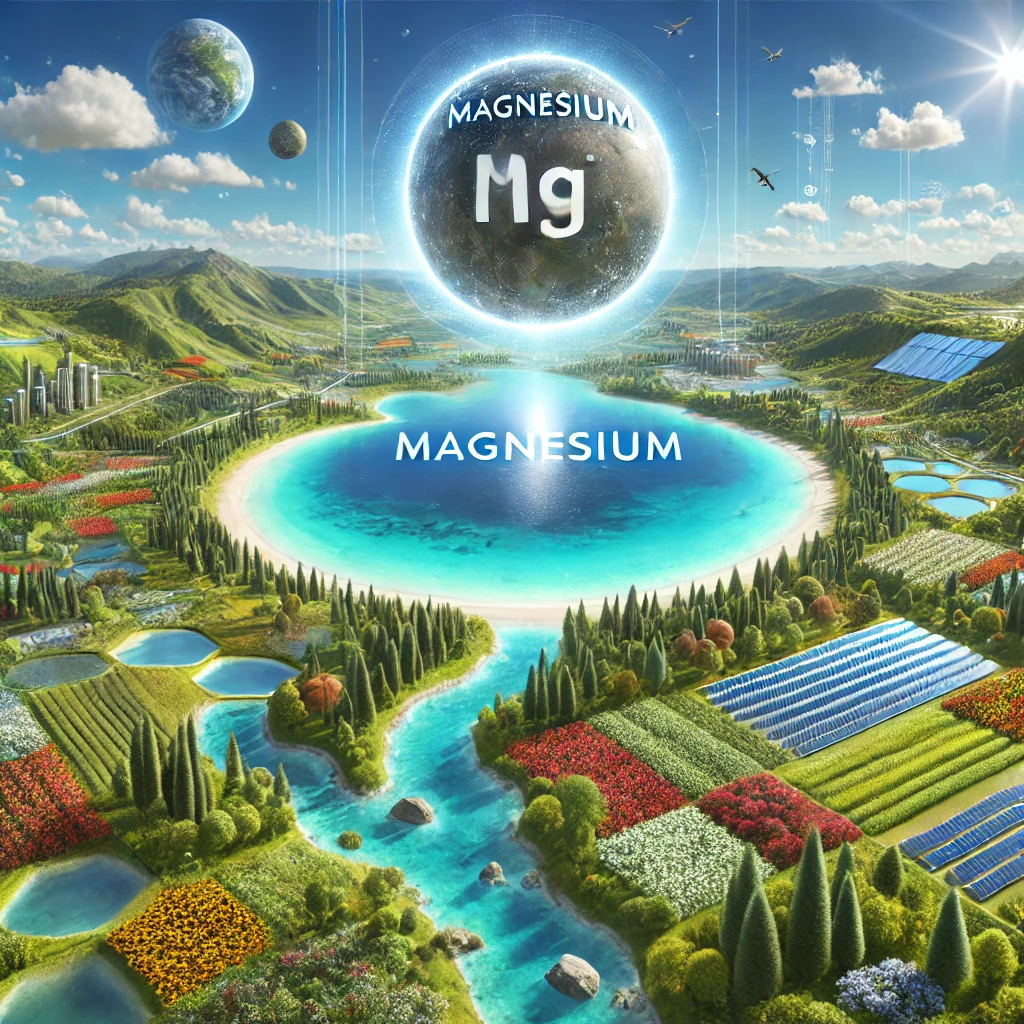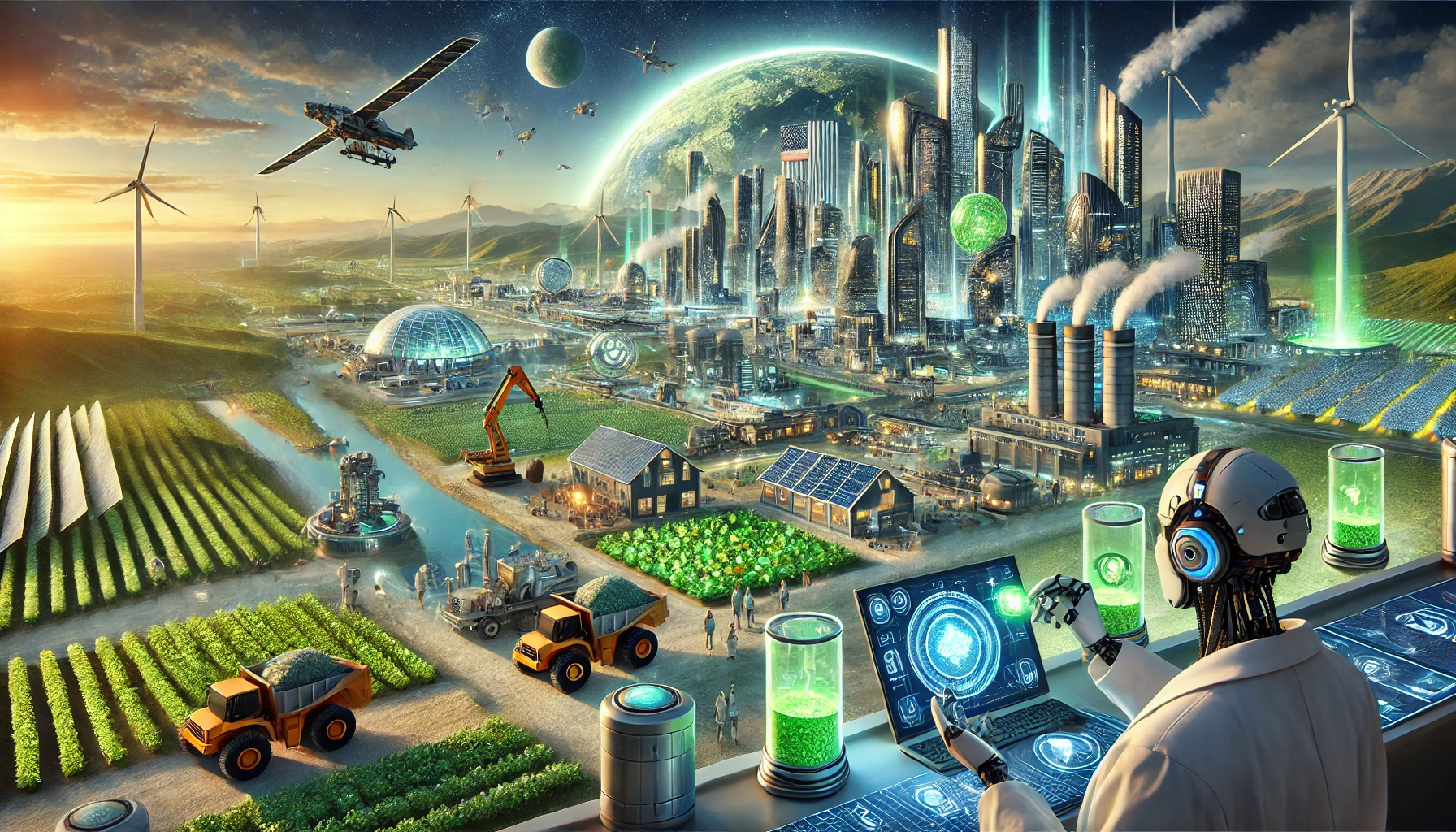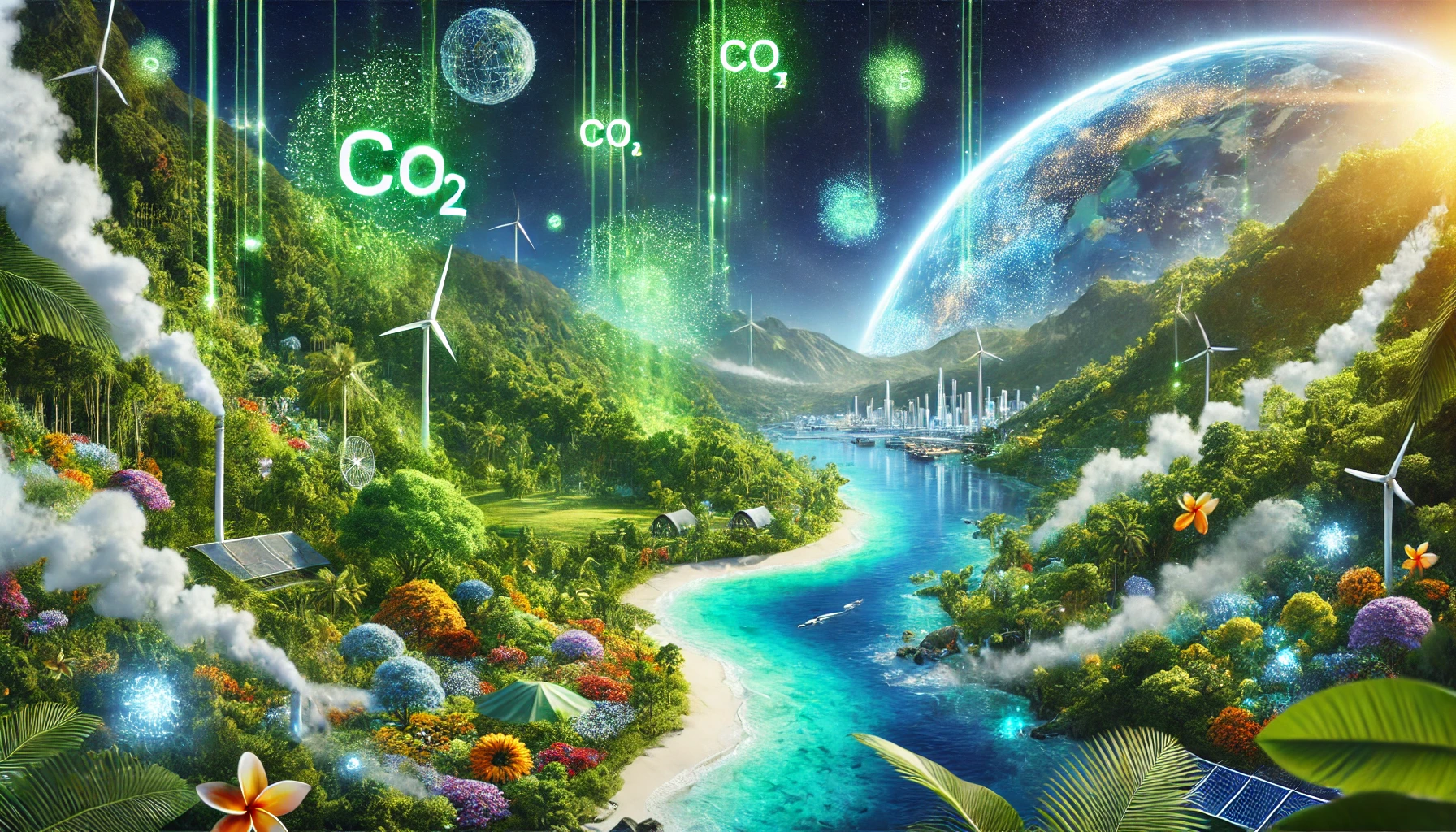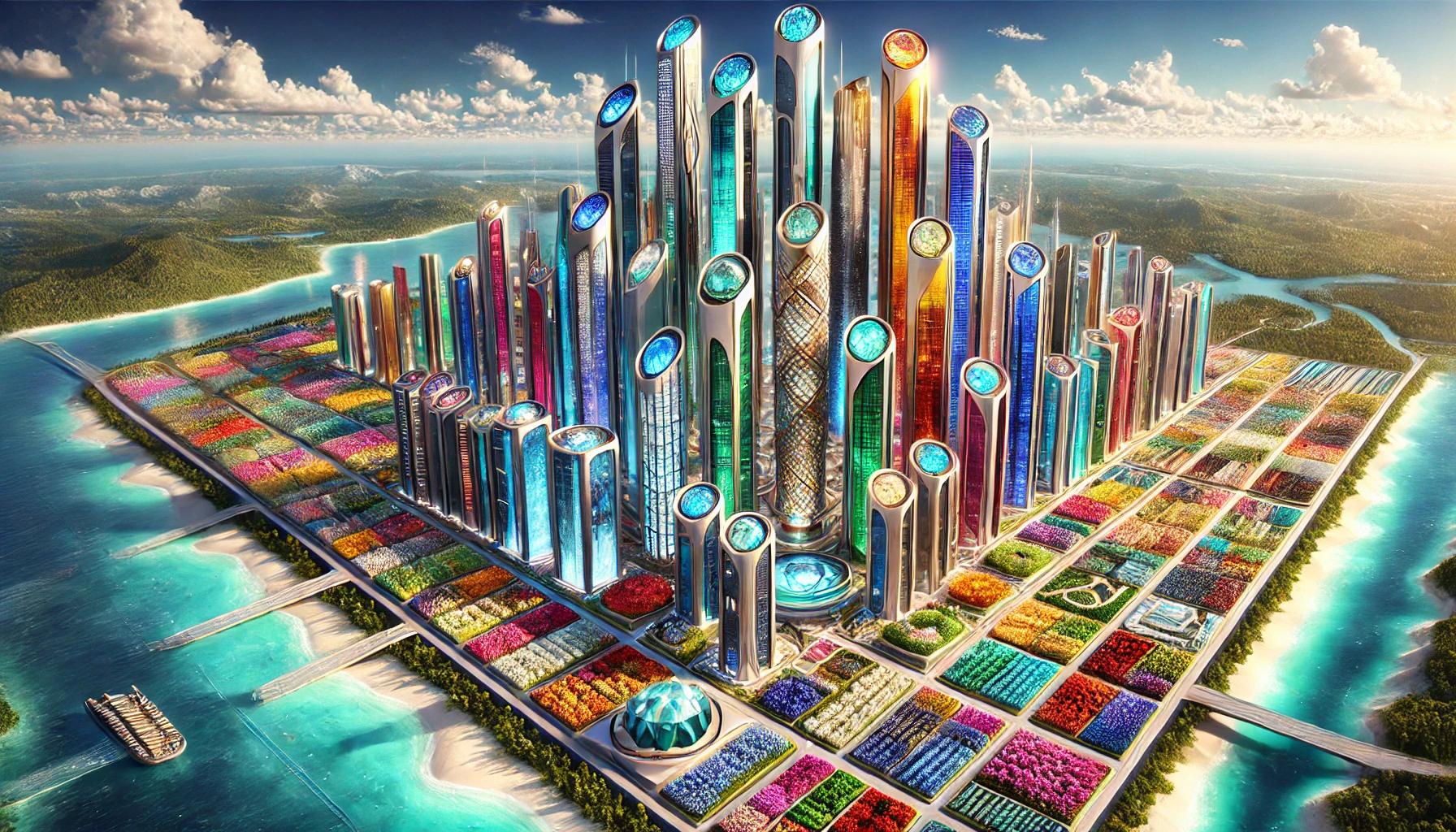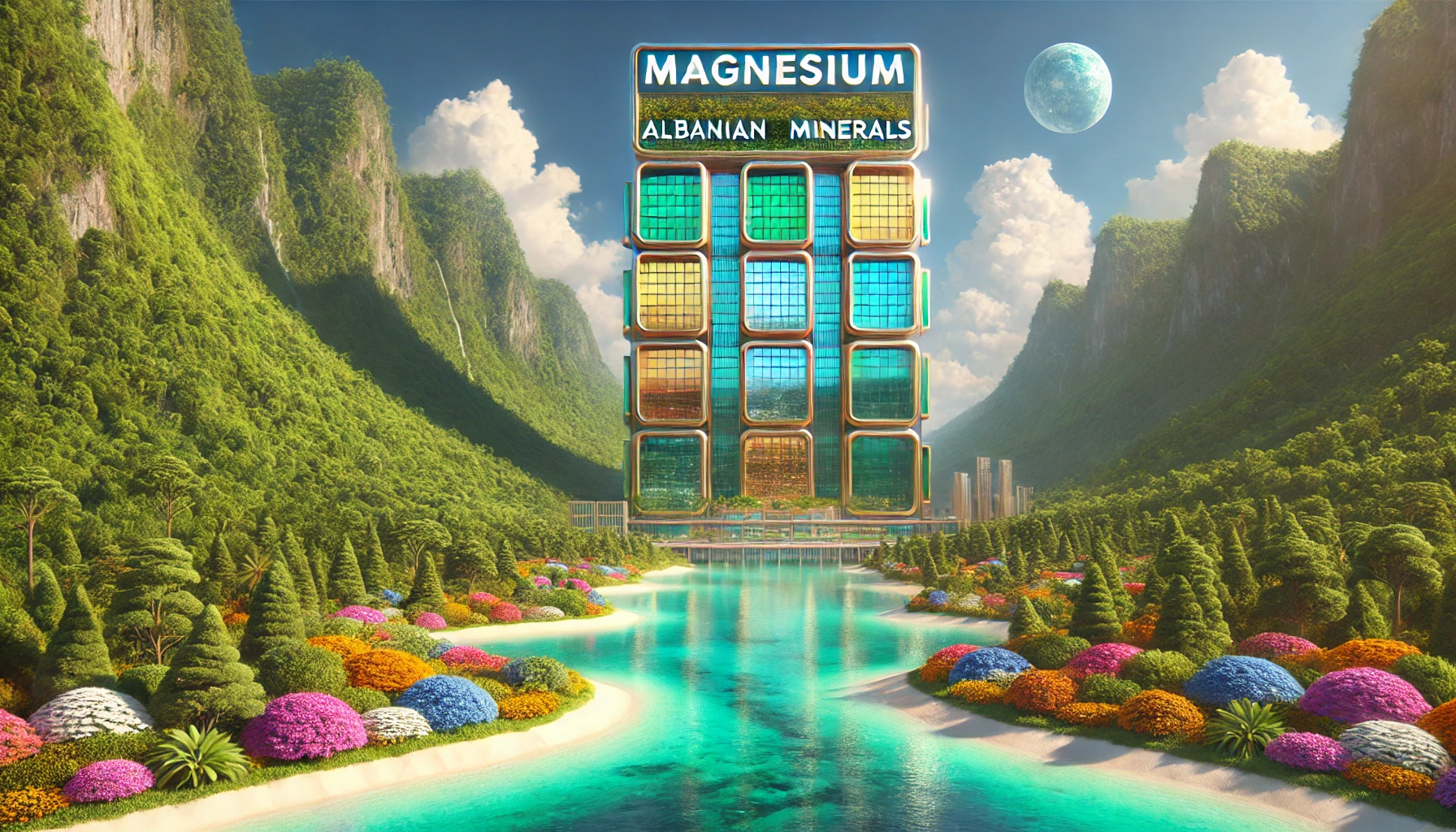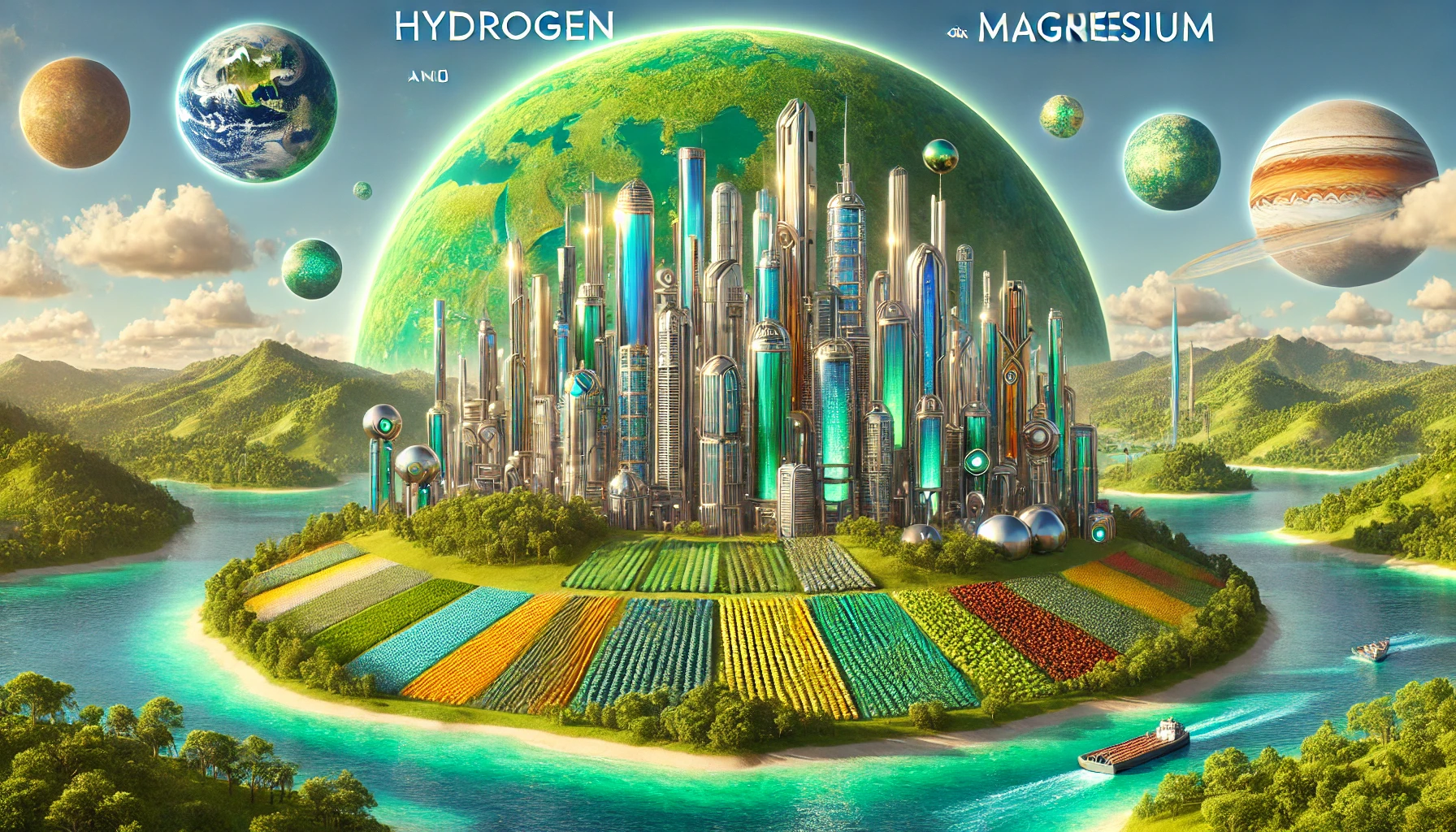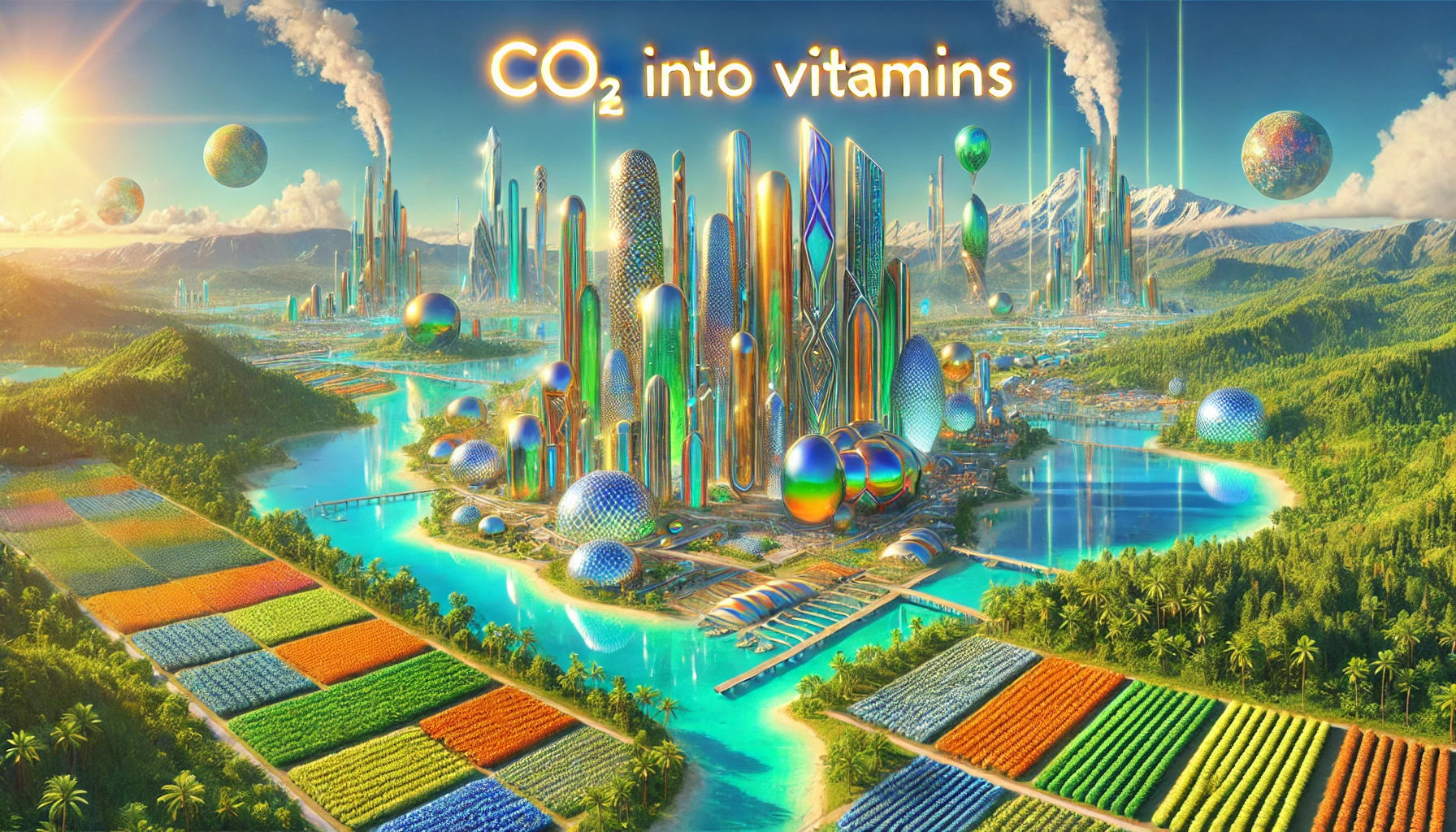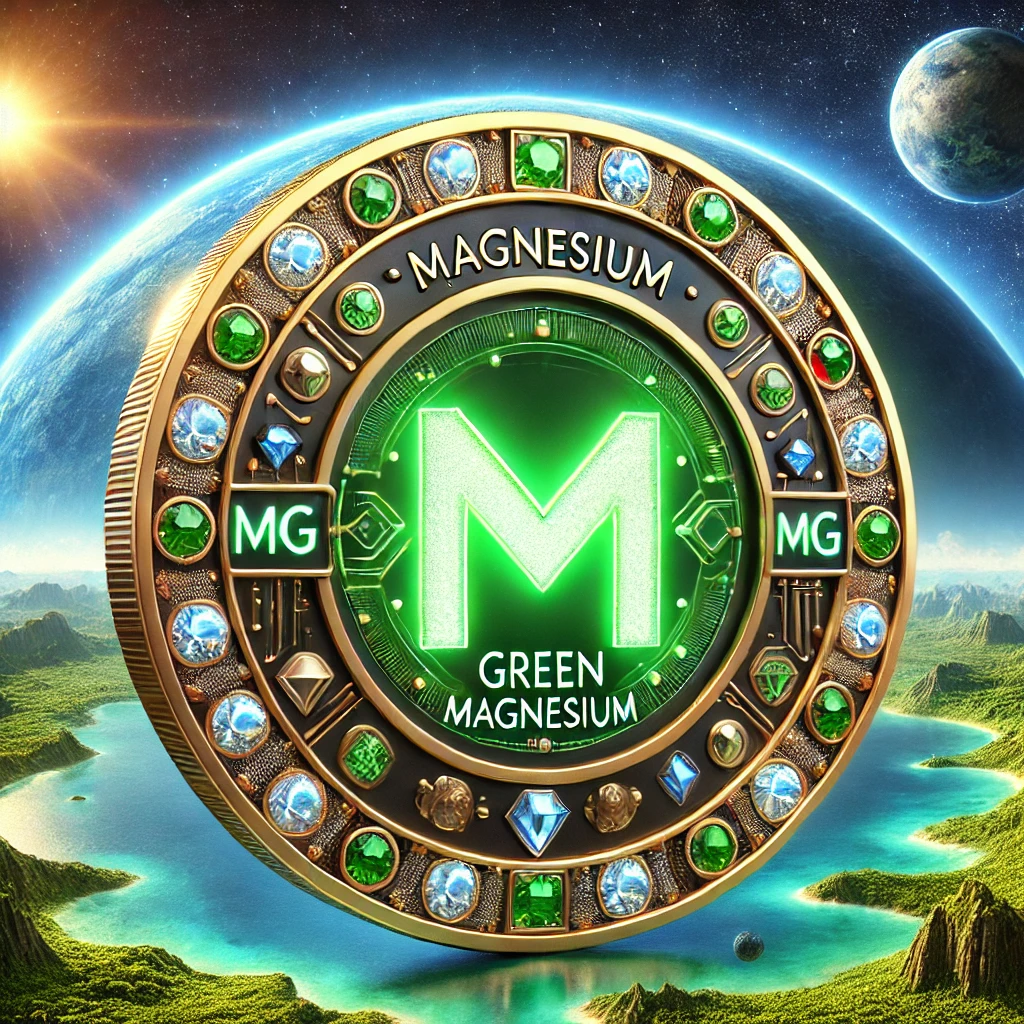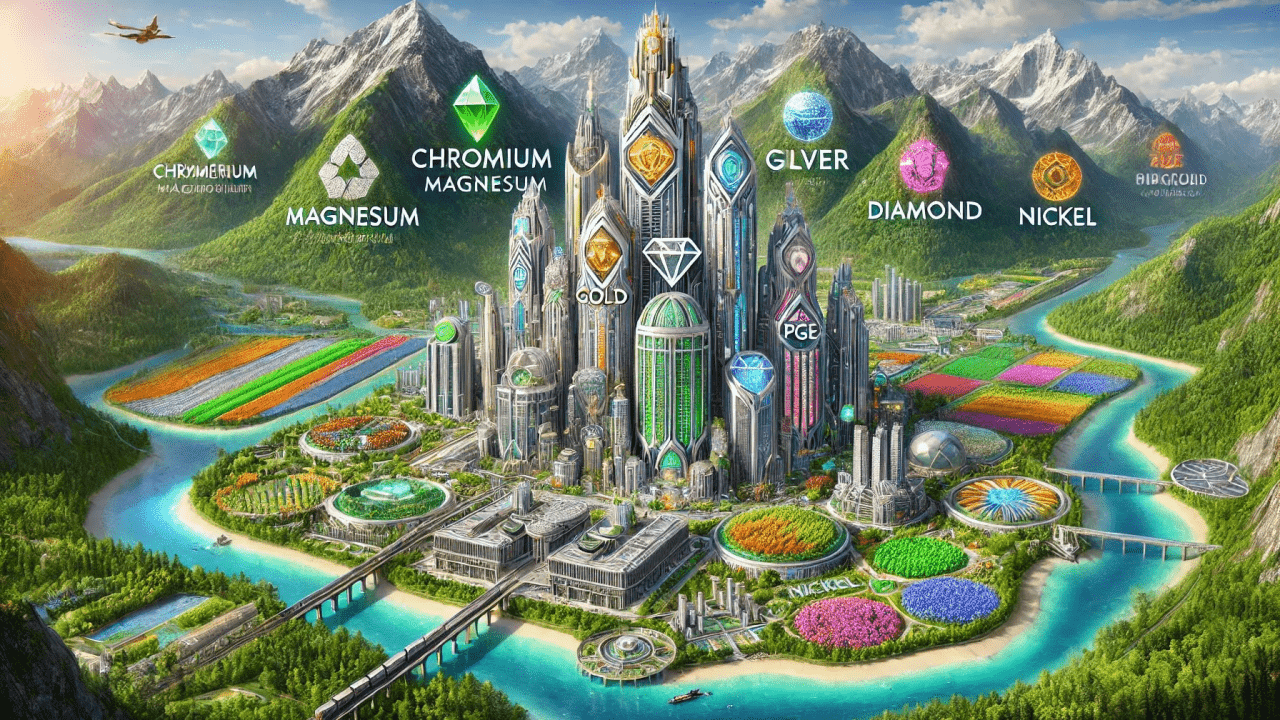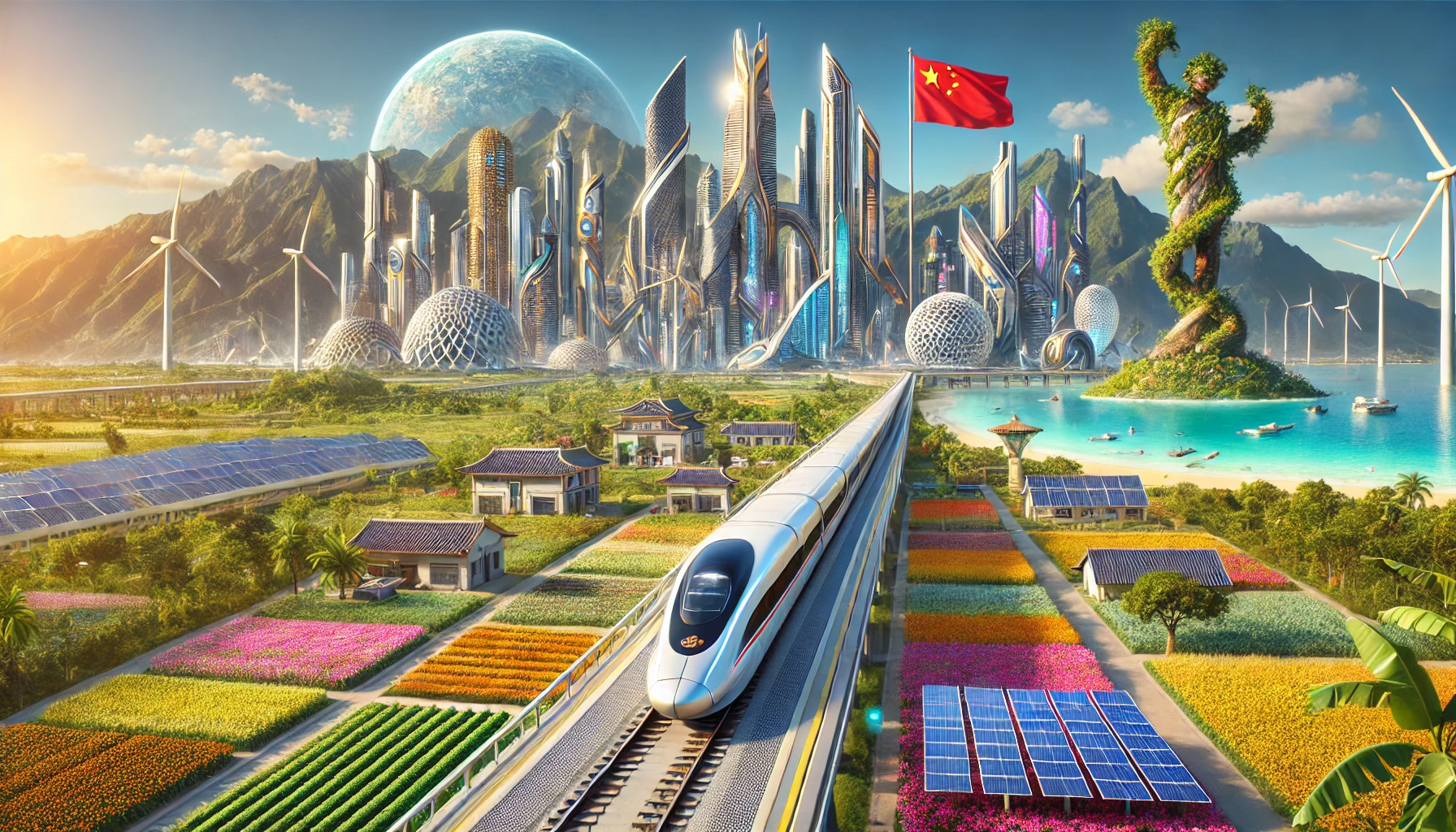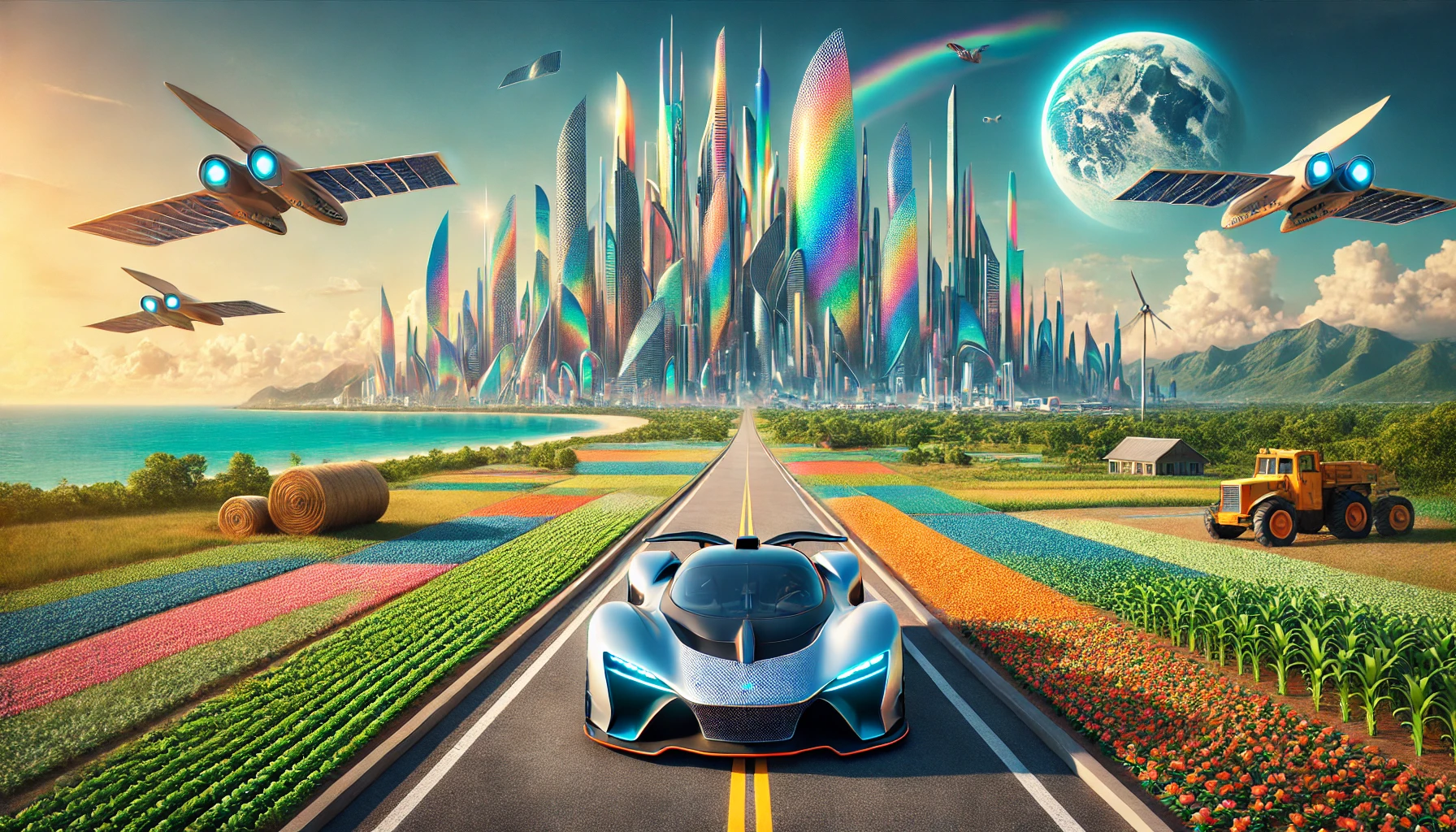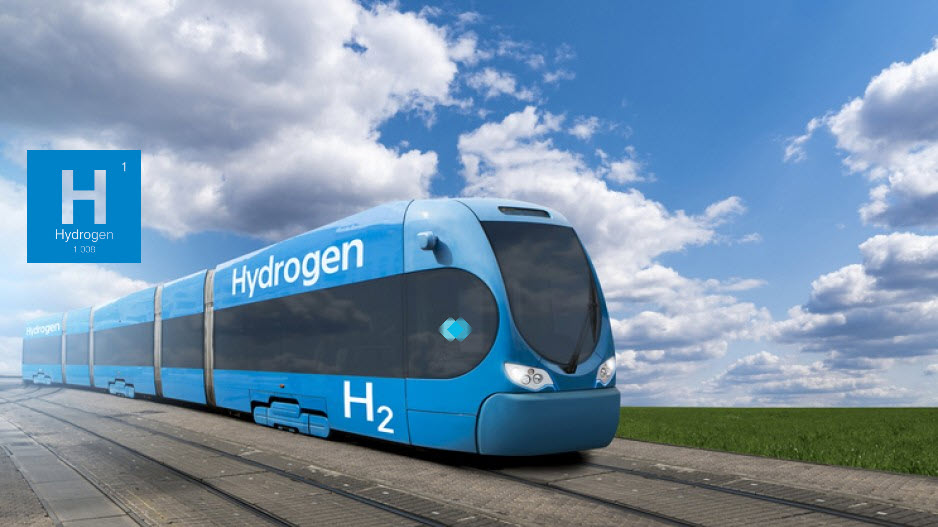
German engineering giant Bosch, who will have invested $1.3 billion in hydrogen technology by 2025.
The silent powertrain draws on hydrogen as its energy source. Ideally, this fuel is produced using renewable energy. In the fuel cell, hydrogen is converted into electrical energy, which is then converted into propulsion by the electric powertrain. The only thing that leaves the exhaust is water, and there are no local CO2 emissions.
One advantage over battery electric powertrains is that hydrogen can be filled up at the gas pump in a matter of minutes. Such a powertrain system is not only suitable for inner-city traffic, but also for covering hundreds of kilometers on a daily basis. Bosch is developing an innovative fuel cell technology for heavy commercial vehicles, which will be expanded for use in passenger cars in the future
Paul Simon is responsible for business development and sales for the company’s electrolysis arm and says hydrogen will be the cornerstone of the future energy economy.
“The great thing about hydrogen (is) first you can directly use it in industrial processes, like for example, direct reduced iron, or in chemical processes. You can also put it in a kind of storage, so when the demand is there you can twist it around and produce electricity out of it.”
